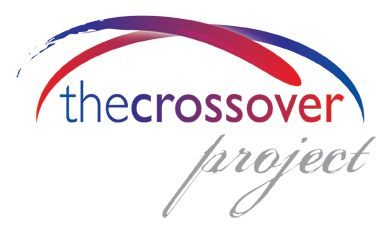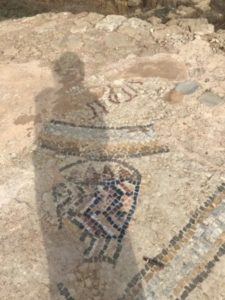Excerpts on Aseret Yemei Teshuvah, taken from Michael Strassfeld’s “The Jewish Holidays – A Guide and Commentary”, as well as Chabad.org’s Guide to the Month of Elul
“The Days between Rosh HaShanah and Yom Kippur are seen as part of the High Holiday process called aseret yemei teshuva – the Ten Days of Repentance. This is the period when those of us who are not utterly wicked or entirely righteous can still repent and be sealed into the Book of Life. The Talmud advises: ‘A man should always consider himself evenly balanced, i.e.,half sinful and half righteous. If he performs one mitzvah, happy is he, for he has tilted the scales toward righteousness. If he commits one sin, woe unto him, for he has tilted the scale toward sinfulness. Rabbi Elazar the son of Simon said: ‘Inasmuch as the world is judged in accordance with the majority of its deeds, and the individual is judged in accordance with the majority of his deeds, if he performs one mitzvah, happy is he, for he has tipped the scales and the scales of the world towards merit. If he commits one sin, woe unto him, for he has tipped the scales toward sinfulness for himself and for the world’ [Kiddushin 40a-b]. Thus this is a period of of heightening tension: like Atlas, we bear our fate and even the fate of the world increasingly on our shoulders. In terms of ritual, it is marked by maintaining the changes in the liturgy – particularly the Amidah, plus a few additional ones – that express a desire to be inscribed in the Book of Life during these days of judgement. The prayer Avinu Malkeinu is recited after the shaharit and minhah Amidah. Selihot are recited each morning” (Michael Strassfeld, 103).
“Most Jewish communities continue reciting Selichot throughout the Ten Days of Repentance (the days between Rosh Hashanah and Yom Kippur). According to Chabad custom, however, Selichot are not recited during these days (with the exception of the third of Tishrei, when Selichot are recited as part of the commemoration of the Fast of Gedaliah).
The story is told about the fourth Chabad Rebbe, Rabbi Shmuel of Lubavitch, who once asked his illustrious father, the Tzemach Tzedek, regarding the reason for this custom. ‘My son,’ he responded, “now is no longer the time for words. Now we must translate words into deed . . .’” – Chabad.org




